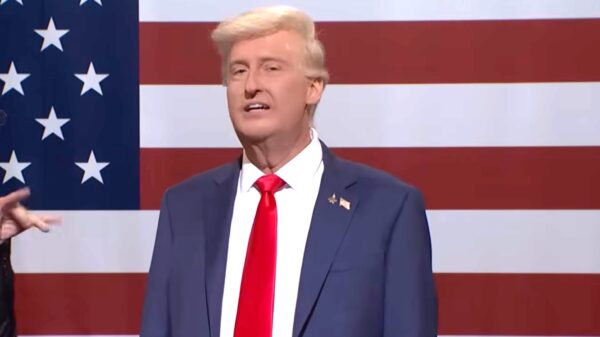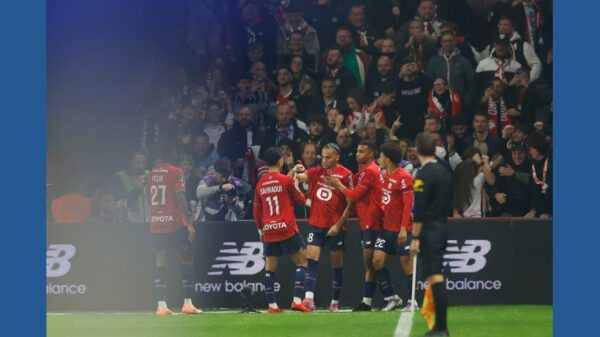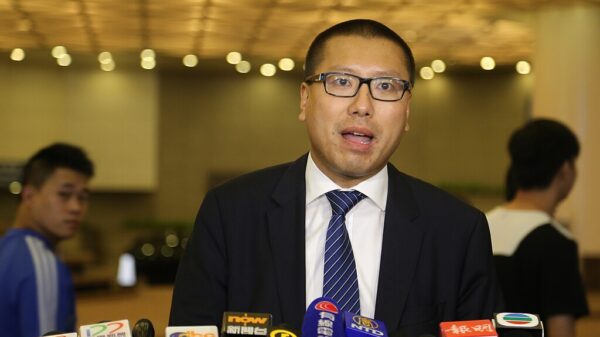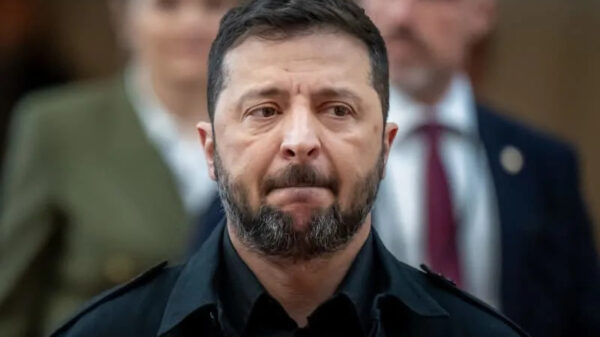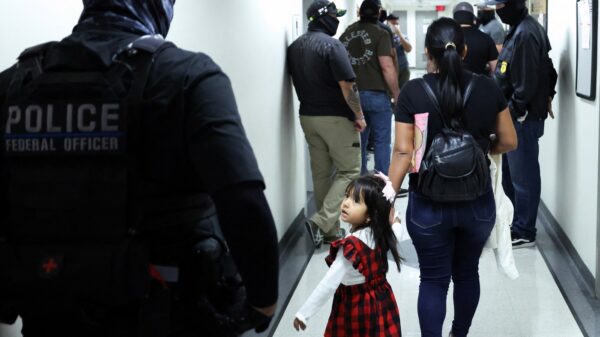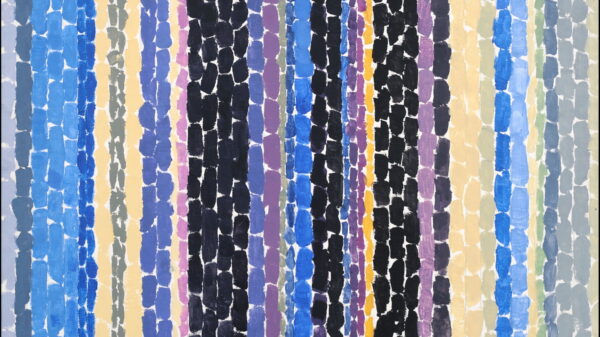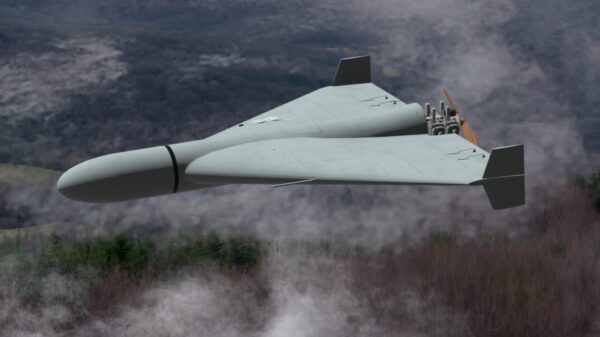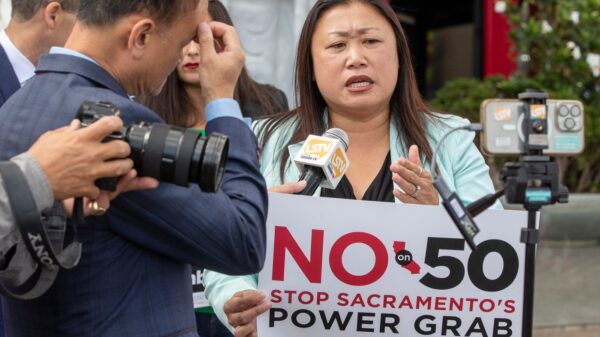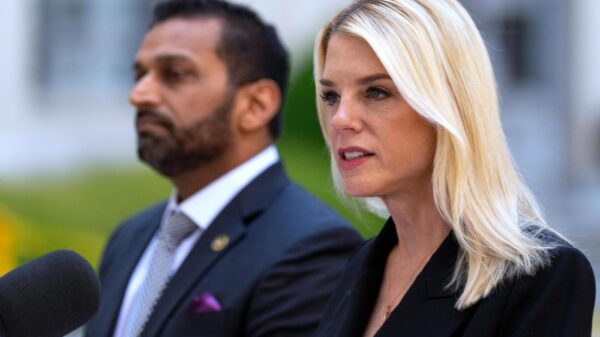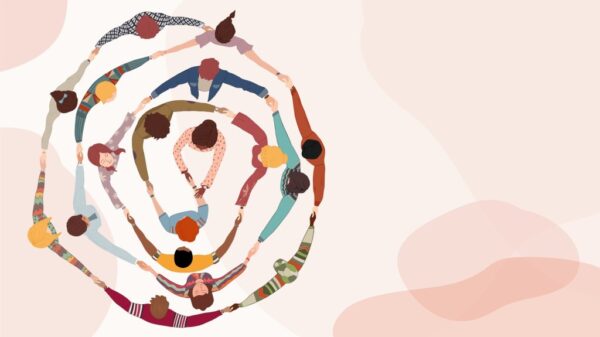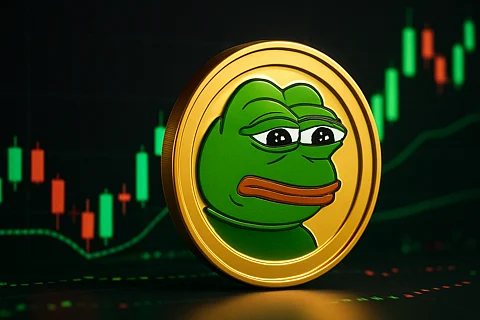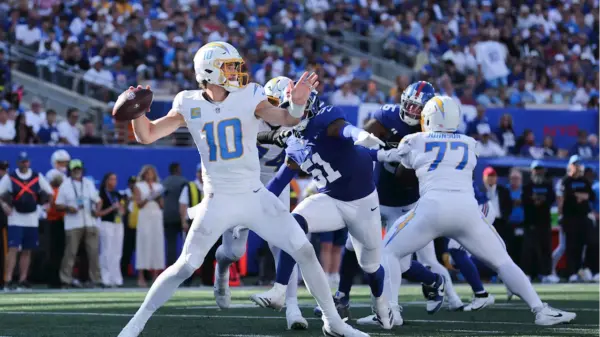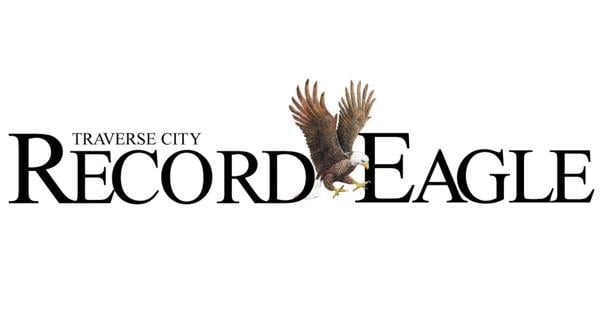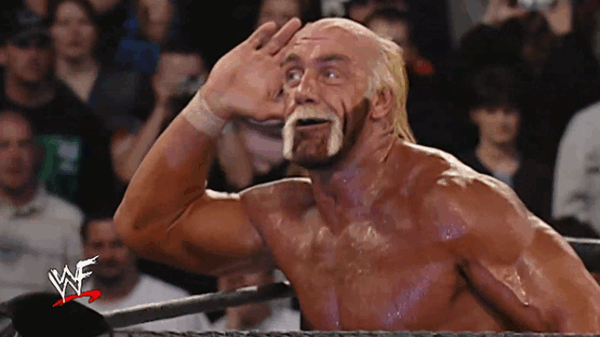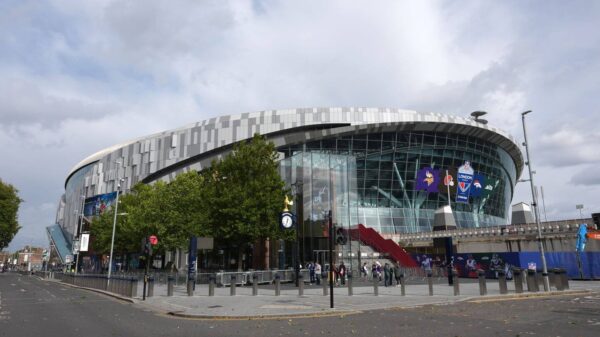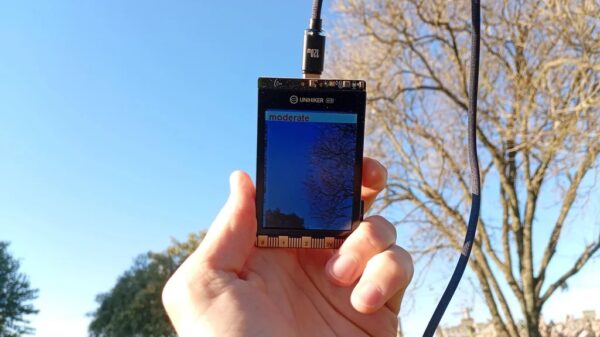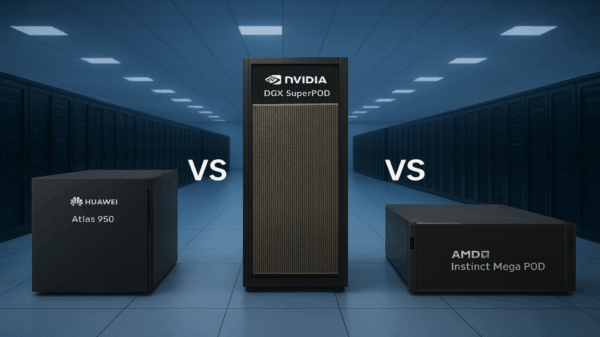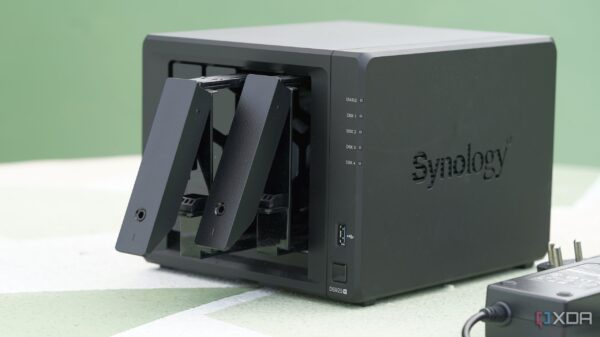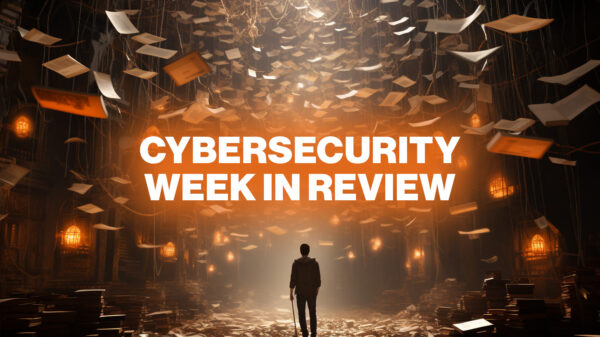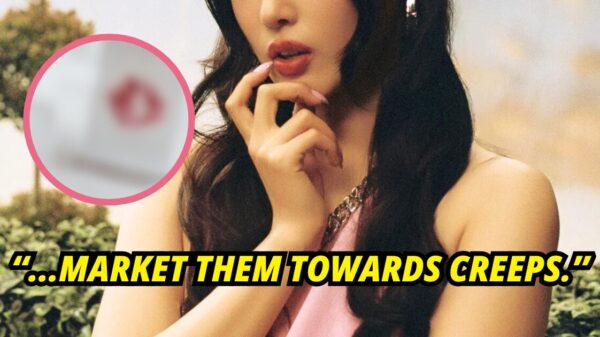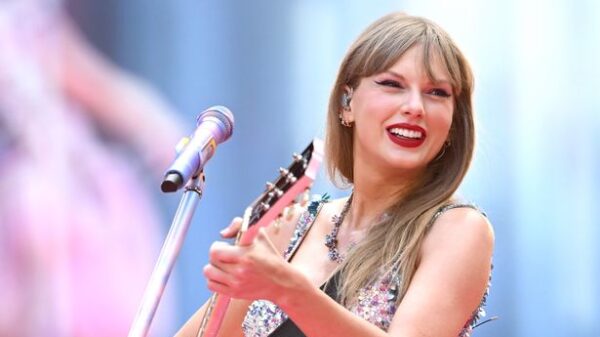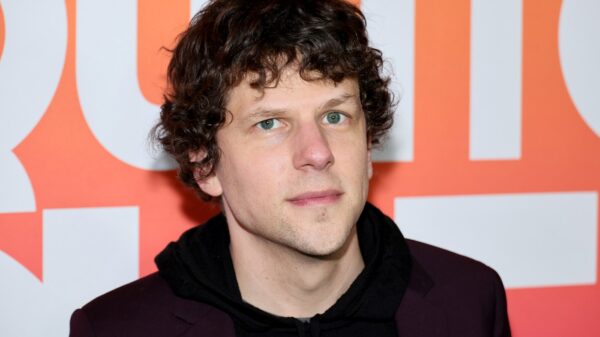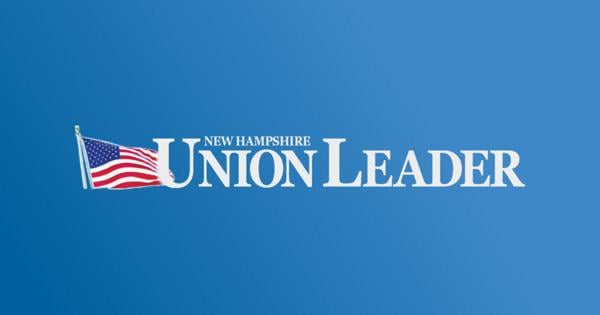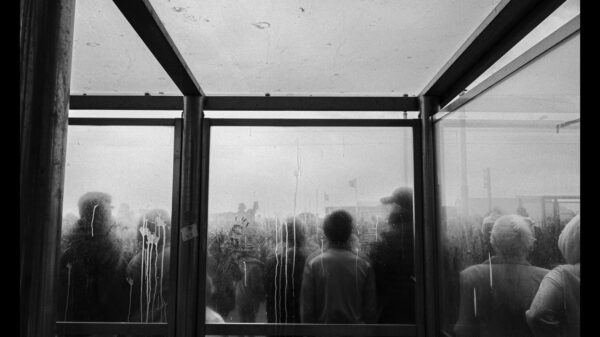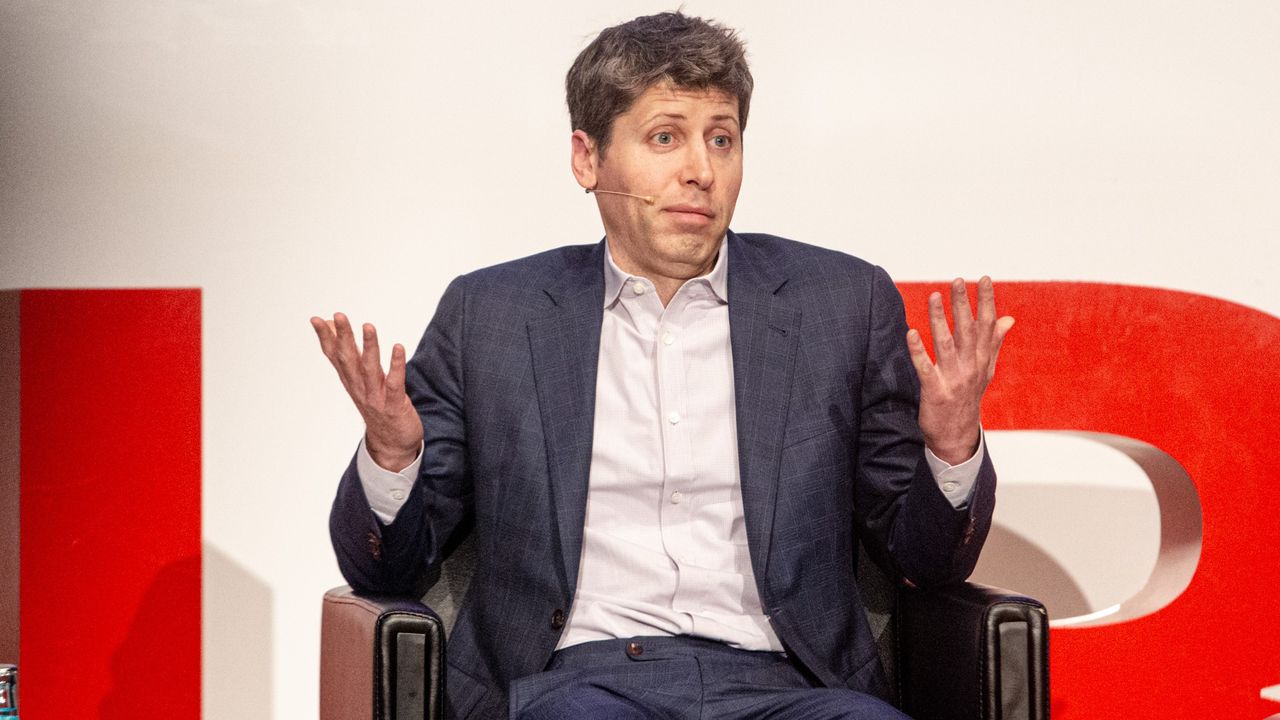UPDATE: OpenAI is swiftly changing its copyright policy for the newly launched Sora 2 AI video generation model after a wave of backlash over its use of copyrighted content. Just days after its release on September 30, 2023, the company is responding to challenges raised by the public and copyright holders, as confirmed by a recent Wall Street Journal report.
In a blog post published on October 3, 2023, OpenAI CEO Sam Altman announced significant modifications to the tool’s approach to copyrighted material. The updated policy will now require an opt-in model, meaning Sora 2 will refuse prompts containing copyrighted content unless explicit permission is granted by the copyright holder. Altman emphasized, “We will give rightsholders more granular control over generation of characters… but want the ability to specify how their characters can be used.”
This shift comes after a viral incident where an AI-generated video depicted Altman amidst a pack of Pokémon stating, “I hope Nintendo doesn’t sue us.” The clip sparked outrage and highlighted potential legal risks, pushing OpenAI to reconsider its initial stance.
The controversy primarily revolves around Sora’s treatment of Japanese intellectual property (IP). Recent reports indicate a surge in videos featuring beloved characters from Japanese game and anime franchises—Nintendo, Pokémon, One Piece, and Studio Ghibli—while American IP like Marvel and Disney were notably absent. This discrepancy has led to calls for action from Japanese lawmakers, including Akihisa Shiozaki, who stated on X (formerly Twitter), “We need to take immediate action if we want to protect leading Japanese creators and the domestic content industry.”
OpenAI’s earlier policy was an opt-out system for copyright holders, assuming that any content not specifically restricted could be used freely. This approach drew heavy criticism and raised fears of copyright infringement lawsuits, prompting the urgent policy revision. The consequences of using copyrighted material without permission could result in significant legal battles, which OpenAI is now keen to avoid.
As Sora 2 launched with much fanfare, it became clear that the AI-generated content landscape is fraught with challenges surrounding copyright and creator rights. The evolving situation underscores the need for robust protections for creative work, particularly as AI technology continues to advance.
Moving forward, industry watchers will closely monitor how OpenAI implements these changes and whether this policy shift will restore confidence among creators and copyright holders. The fate of Sora 2 hinges on its ability to respect intellectual property while fostering innovation in AI-generated content.
As we continue to follow this developing story, it remains critical for creators and consumers alike to stay informed about the implications of AI technologies on intellectual property rights.




